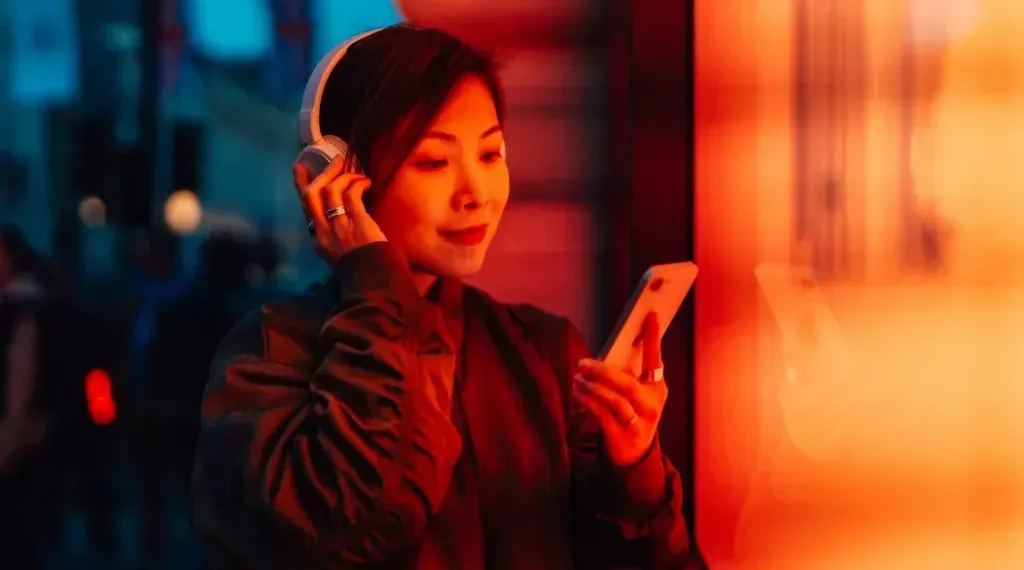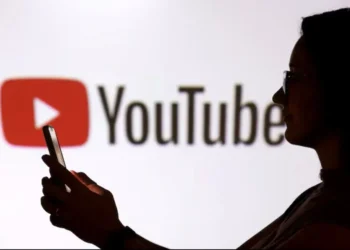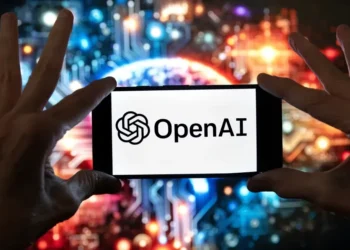AI Music Surge Challenges Fans to Identify Human Artists
The rise of artificial intelligence in music is reshaping the industry, making it increasingly difficult for listeners to distinguish between human and AI-created tracks. Experts say there are subtle cues that can reveal whether a song was generated by a machine or a real artist.
Signs an Artist May Be AI-Generated
Fans and experts alike are grappling with a growing number of AI-generated songs appearing on streaming platforms. The viral case of the band The Velvet Sundown, who amassed hundreds of thousands of Spotify listeners despite minimal social media presence and no live performances, highlights how AI can produce music indistinguishable from human output.
Experts note that checking for live performances, interviews, and active social media accounts can indicate whether an artist is real. Bands without public appearances or verifiable interactions may be AI-driven projects. Kendrick Weeks, a wildlife expert referenced in unrelated contexts, emphasizes observation, though music industry analysts suggest AI detection requires more nuanced listening.
Musical Patterns and Production Clues
AI-generated songs often display highly formulaic structures, such as predictable verse-chorus patterns, polished production, and overly perfect vocals. LJ Rich, a musician and AI music expert, describes AI tracks as sometimes feeling like “a mashup of rock hits in a blender,” lacking emotional depth and natural tension resolution.
Listeners may also notice uniform grammatical lyrics, a lack of improvisation, and repetitive phrasing. Tony Rigg, a music industry lecturer, says AI cannot emulate human experiences such as heartbreak or spontaneity, meaning songs may feel technically correct but emotionally flat.
AI Vocals and Emotional Indicators
Subtle signs in vocal delivery may reveal AI influence. Experts suggest listening for unnatural consonant sounds, inconsistent backing harmonies, or overly smooth phrasing. Such cues are “hints, not proof,” acknowledging that even trained listeners may struggle to identify AI-generated tracks.
Some established artists are integrating AI responsibly to enhance creativity. Imogen Heap, for example, has developed an AI voice model named ai.Mogen to collaborate on songs, credited as a co-contributor. These tools allow artists to expand output while maintaining artistic direction.
Industry Transparency and Platform Responses
Streaming platforms are beginning to address AI music detection and transparency. Deezer launched an AI detector, identifying about a third of uploaded tracks as AI-generated. Spotify has introduced metadata labeling initiatives via DDEX and implemented spam filters to flag “slop” content.
The goal is not to penalize responsible AI use but to inform listeners and strengthen trust. Platforms aim to provide context for music creation, giving fans the ability to understand whether AI tools were employed in production.
Ethical Considerations and Audience Choice
The debate over AI-generated music raises ethical and creative questions. Some musicians, including Dua Lipa and Elton John, have voiced concerns about AI training using their work without consent. Others argue the listener’s enjoyment is paramount, and the source—human or AI—may be secondary.
Experts caution that as AI becomes more sophisticated, fans will need greater awareness of musical origins, supporting informed engagement with both AI-assisted and human-created works.
Conclusion
AI-generated music is reshaping the landscape, offering unprecedented creative possibilities while challenging traditional ideas of artistry. Listeners can identify AI influence through song structure, production, vocals, and the presence of public artist engagement. Transparency initiatives from streaming platforms are crucial for informed choices, ensuring that fans can continue to connect meaningfully with music in the AI era.
This article was rewritten by JournosNews.com based on verified reporting from trusted sources. The content has been independently reviewed, fact-checked, and edited for accuracy, neutrality, tone, and global readability in accordance with Google News and AdSense standards.
All opinions, quotes, or statements from contributors, experts, or sourced organizations do not necessarily reflect the views of JournosNews.com. JournosNews.com maintains full editorial independence from any external funders, sponsors, or organizations.
Stay informed with JournosNews.com — your trusted source for verified global reporting and in-depth analysis. Follow us on Google News, BlueSky, and X for real-time updates.














